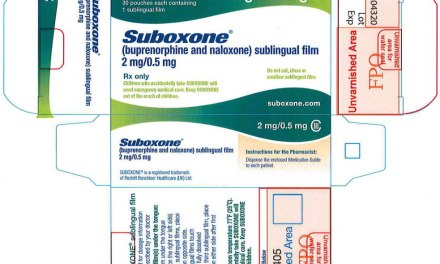The challenge with OTP (Opioid Treatment Programs) and some of the other MRTs (medication replacement therapies) is what I’ve come to call ‘maintenance mentality’. It’s a mindset that people adopt, where they do just enough to get by, and little or nothing more.
Let’s take it out of the realm of opiates for a moment. Suppose you were chronically dependent on alcohol, referred for treatment due to one of the myriad problems that can cause. But on admission you were placed on a medication that would eliminate symptoms of acute withdrawal and relieve most of your current craving for a drink. In fact, if you took a drink, it might actually block the effect. You were advised that as long as you stayed on the pill, attended a few counseling sessions, and submitted to the occasional breath test, you’d be AOK with the powers that be. Meanwhile, your peers regaled you with horror stories about terrible withdrawal should you decide to stop the medication. Your counselors seemed to agree; their focus was on retaining you in treatment, on what they like to refer to as an “indefinite” basis.
Would you respond to this information with a concerted effort at self-examination and profound behavior change? I doubt I would. The odds of success might seem slight. What would be the point?
Or to put it in terms of economics: Where do the incentives lie? We know that life change is difficult at best. And if the chance of another disappointment is great– why try?
I’ve seen a number of exceptions, usually related to strong personal motives. One involved a young mother determined to win back full custody of her kids from her hostile ex. I’ve never seen anyone work that hard. Another featured a surgeon desperate to regain his license to practice. Sometimes motivation is more direct: “They kicked my ass off the program,” reported one offender. “That’s left me with a choice between a TC and jail. I don’t do well in jail.” Now he’s a role model for others, which baffles him.”Anybody can do it,” he insists. “You just have to want it bad enough.”
But even among the highly motivated, failure is common. If you know that already, why not settle?”Most of our clients do the absolute minimum,” one OTP counselor admitted. “I don’t blame them. We have over seven hundred clients here. How much serious counseling can we expect to provide?”
“I’d say most of our clients are still using from time to time,” said another. “Got so we’re not even trying to catch them. As long as they’re still on the program, we’re OK with it. Better than being out on the street, with all the fentanyl going around.”
“I used to think about going back to school,” a longtime client explained. “But why? I’m getting by, making a little coin here and there. It’s not legal, but who am I hurting? Drugs shouldn’t be against the law anyway.”
Of course, as his counselor reminded me,if he were still on the street, he might already be dead.
True enough.
Still, it isn’t surprising that so many maintenance clients have trouble finding motivation for more. I might too, in their shoes.













